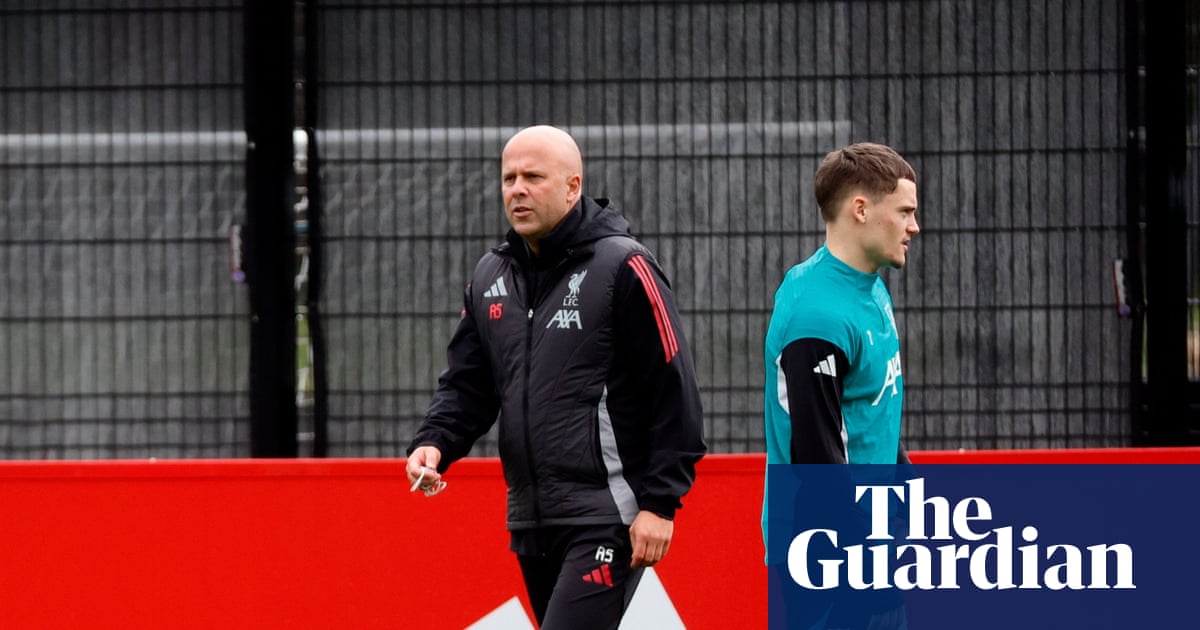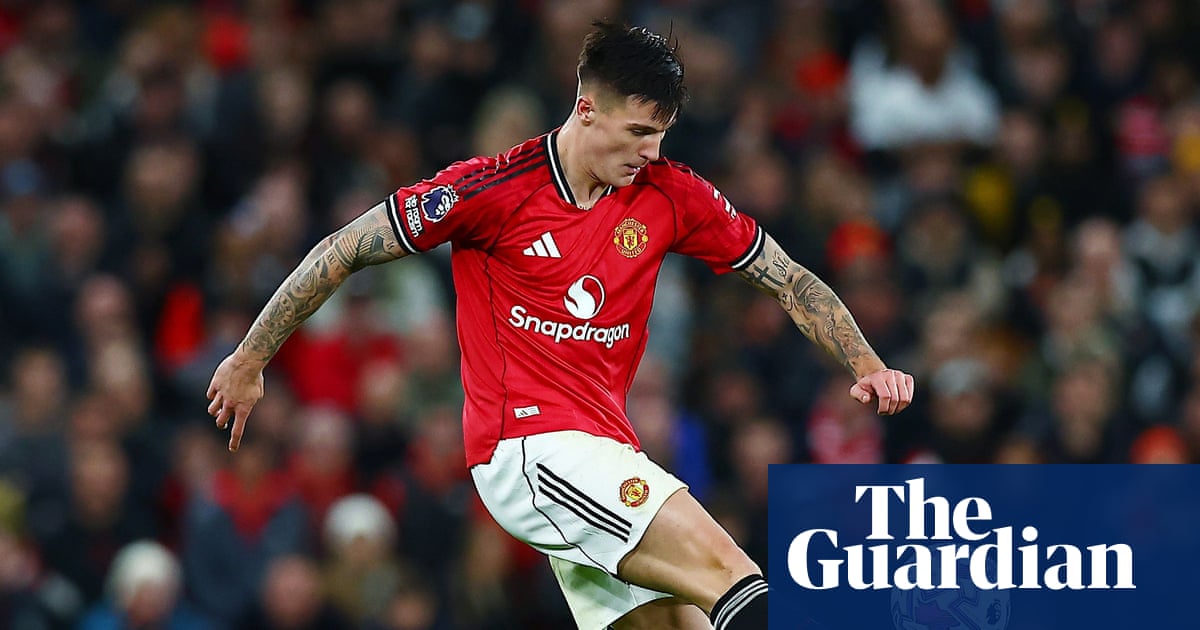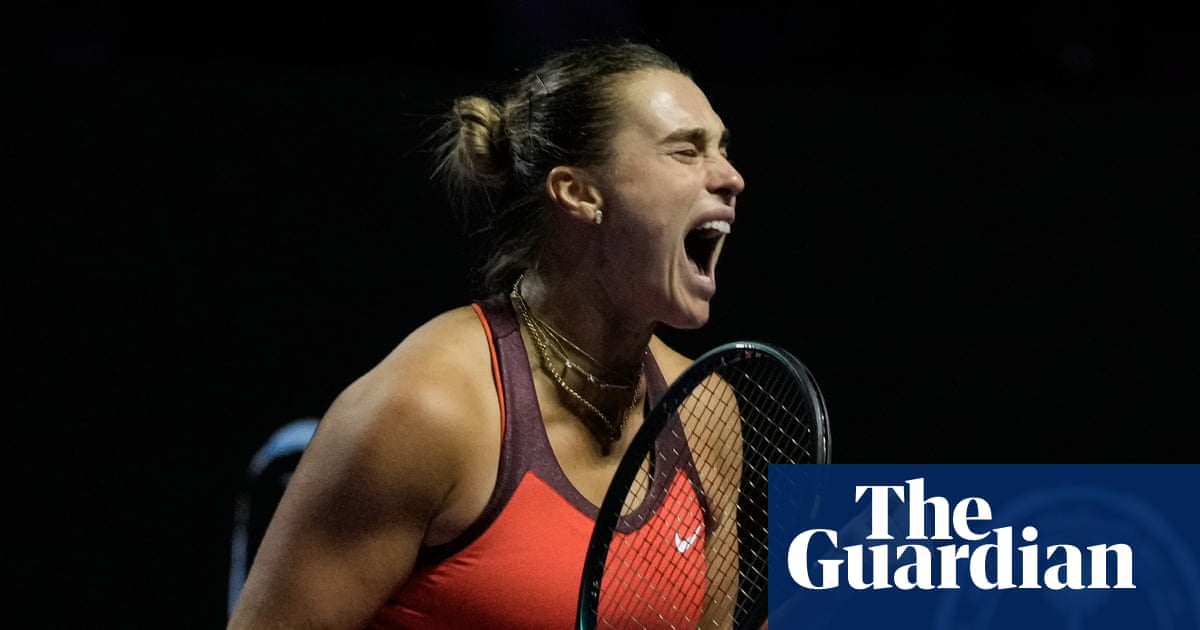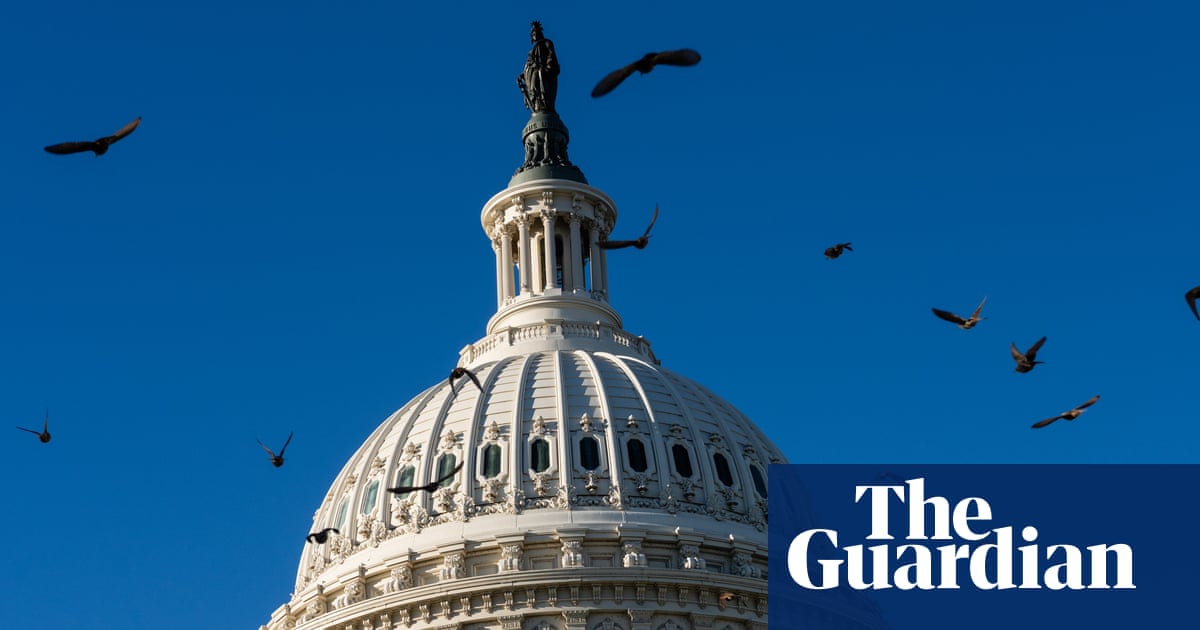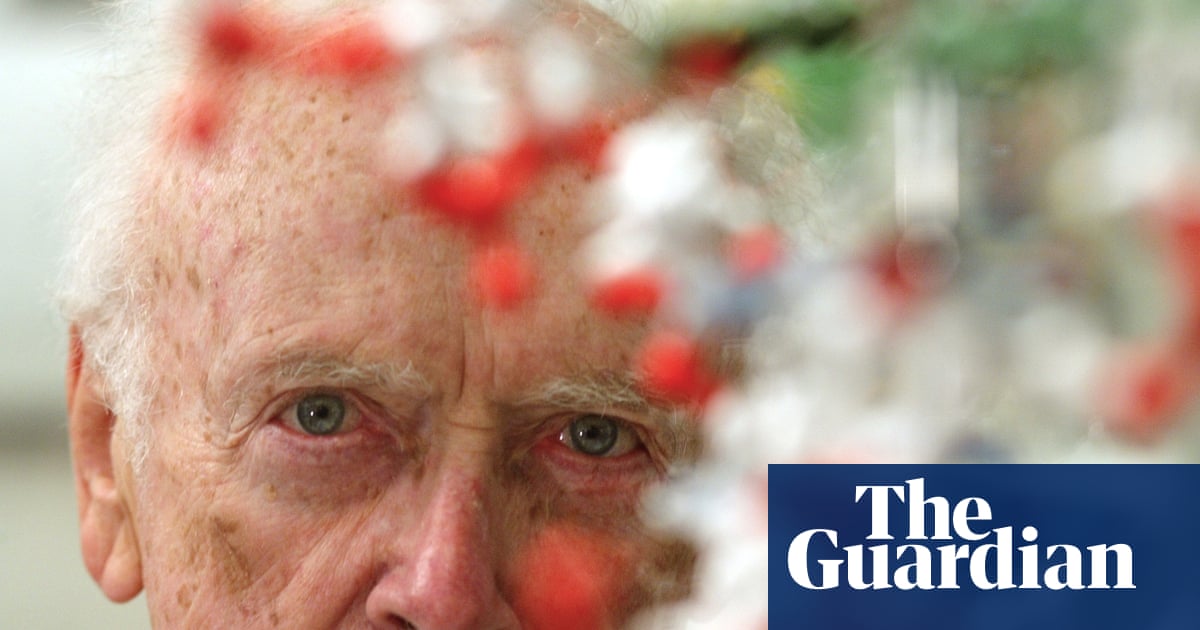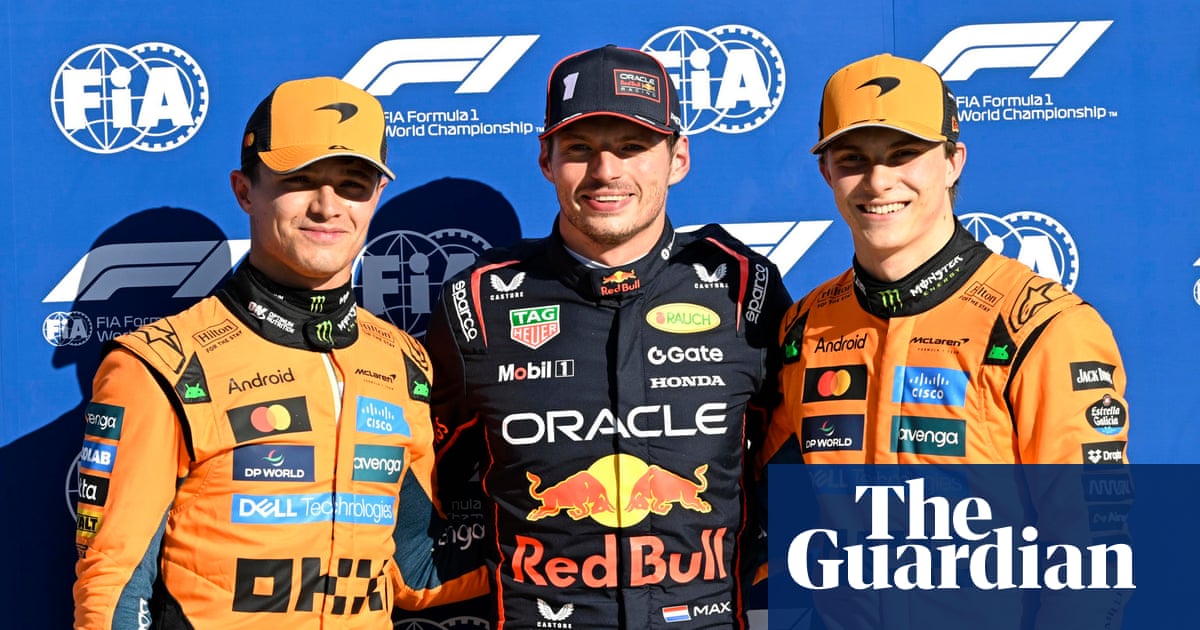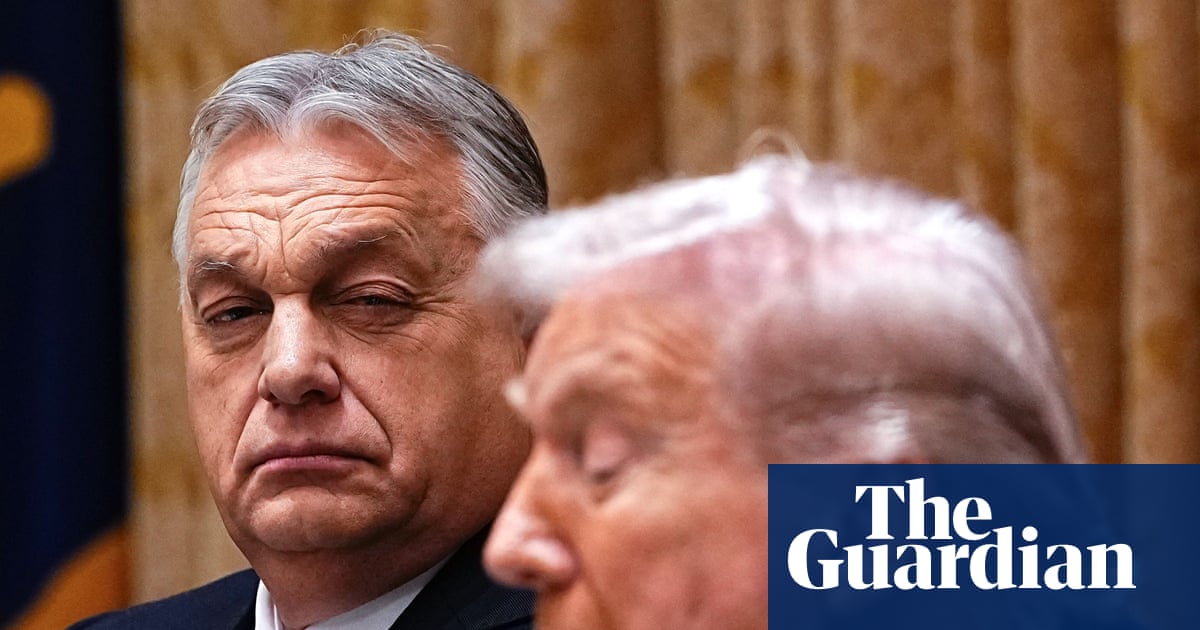The 12-week consultation on a Treasury proposal to “harmonise” the rate of duty levied on online betting – on racing and other sports – and casino gaming – for example, roulette and online slot machines – closes today, and the British Horseracing Authority submitted “the sport’s formal response” to the process, with “the backing of British racing’s key stakeholder groups” on Friday. Whether or not the government takes any notice is, in the BHA’s view, a potential £100m question for the country’s second-biggest spectator sport.
That is roughly the mid-point of the Authority’s best- and worst-case scenarios if the proposal for a unified online gambling tax – Remote Betting & Gaming Duty, or RBGD – becomes a reality in October’s Budget. The current rate of duty on betting is 15% of gross profits while online gaming is taxed at 21% of gross profits, and BHA-commissioned modelling suggests that an RBGD rate of 21% would cost the sport £66m per year in lost income from betting. A unified rate of 40%, meanwhile, could see the annual cost rise to £160m.
Given the scale of this potential hole in the sport’s annual balance sheet, racing’s official response to the consultation feels, to this fan and punter at least, distinctly underwhelming.
According to the BHA press release which announced its formal response, it “outlines racing’s opposition to harmonisation”, and “calls for British horseracing to be taxed at a different and lower rate to all other forms of betting”. In summary: we think this is a bad idea but if you plough on regardless, we want you to give us a get-out clause.
For me, there are several problems with this approach. The first is that it is unlikely to fly, because from the government’s point of view, handing a tax break to the sport of kings is not a great look in the current climate. And why “harmonise” in the first place if you are immediately going to start making exceptions?
But even in the unlikely event that the chancellor accepts racing’s plea for special treatment, the overall harmonisation of betting and gaming for tax purposes will remain. The big conglomerates that now dominate the gambling landscape will have even more reason to prioritise the no-risk gaming side of their business – and the billions being extracted from punters via online slots above all – over betting.
The fundamental differences between betting and gaming, in terms of their mechanics and the risks for their consumers, have been recognised in both legislation and the tax regime since off-course gambling was legalised in Britain in the early 1960s.
Similarly, while alcohol and nicotine are both legal and regulated drugs, cigarettes are taxed at a higher rate (and there are several different bands of duty for alcoholic drinks according to strength).
No one believes that a one-size fits-all duty rate for tobacco and alcohol, or a unified rate for beer and spirits for that matter, is a smart idea.
And yet, while the Gambling Commission’s first Gambling Survey for Great Britain stated plainly that “those who had gambled on online slots were more than six times more likely than average to have a PGSCI [Problem Gambling Severity Index] score of 8 or more”, indicating an experience of problem gambling, the Treasury seems minded to tax all the many forms of gambling, from relatively low-risk betting to the most dangerous and potentially addictive gaming products, as if they are one and the same.
Alternative ideas are out there. The Social Market Foundation think tank, for instance, proposed a doubling of the duty rate on gaming products, from 21% to 42%, in a report published last year, while also pointing out that in some jurisdictions around the world, the tax rate for online gaming is above 50%. A hike to 42% on online slots and casino products would, the authors suggested, raise around £900m annually for the Exchequer.
But rather than go on the offensive and argue for a big hike in gaming duty, the implication of racing’s response to the consultation is that the sport will accept harmonisation plan – which will further incentivise gambling operators to steer punters towards (more dangerous) gaming products at every opportunity – so long as it gets a tax break.
It is almost a year to the day since this column suggested that a unified tax rate for betting and gaming was potentially a far more significant long-term calamity for the sport’s funding model than the “affordability checks” for punters which dominated the narrative at the time.
Greg Wood's Tuesday tips
ShowLingfield 2.15 Nanny Park 2.45 Gran Descans 3.15 Redditizio 3.45 Speed Of Majid (nap) 4.15 Fai Fai 4.50 Fiorella Princess 5.22 Roman Emperor
Musselburgh 2.30 Gillali Lass 3.00 Proud Nation 3.30 Made All 4.00 Brazilian Belle 4.30 Ravenscraig Castle 5.00 Keep Me Stable 5.30 Balmerino
Wolverhampton 6.30 Irv 7.00 Calafiori 7.30 Lyra Lea 8.00 Dandy G Boy 8.30 Ignition 9.00 Hidden Verse (nb)
There was some hope 12 months ago that an idea which initially emerged in the final, dismal days of the last Tory government would quietly die a death.
With the consultation process now complete, however, the clock is ticking towards the budget in three months’ time. An effective end to the decades-old distinction between betting and gaming – an outcome that “Big Gambling” would celebrate long into the night – now feels increasingly, and disturbingly, imminent.

 3 months ago
130
3 months ago
130



